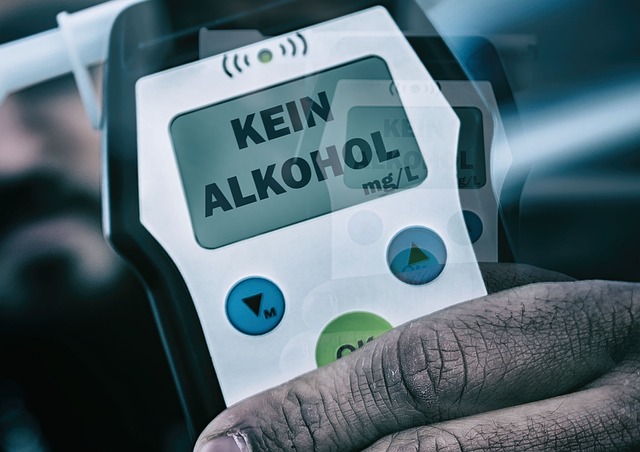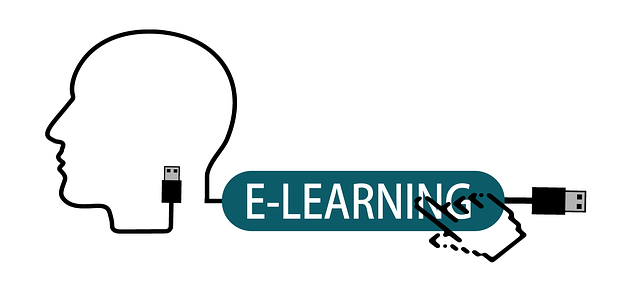When a vehicle sustains damage that approaches or exceeds its market value, it often receives a salvage title. This designation marks the start of a journey to restore the vehicle’s roadworthiness and legal status. The transformation from a salvage title to a rebuilt title is not merely a formality but a critical process ensuring safety and compliance with car title laws by state. This article delves into the intricacies of salvage title transfer, offering guidance on the steps required, such as vehicle inspection, application procedures, and the role of rebuilt title insurance. It also examines the costs involved in salvage title conversion, the impact on resale value, and the importance of adhering to car title branding laws to ensure vehicles with a rebuilt title meet all legal standards for public roads. Understanding these aspects is crucial for anyone looking to restore a totaled vehicle or purchase one that has undergone such a process.
- Understanding Salvage Title Conversion and Its Importance for Totaled Car Title Repair
- – Defining a salvage title and its implications
- – The significance of converting a salvage title to a rebuilt title
- – Overview of the legal framework for title conversion by state
Understanding Salvage Title Conversion and Its Importance for Totaled Car Title Repair

When a vehicle is declared a total loss and receives a salvage title, it’s often thought of as the end of the road for that car. However, with careful restoration work, owners have the opportunity to convert the salvage title into a rebuilt title through a meticulous process. This conversion is not merely a formality but a critical step in ensuring the vehicle’s safety and legality for use on public roads. The journey from salvage to rebuilt begins with a thorough inspection, which must adhere to state-specific salvage title requirements. These inspections verify that all necessary repairs have been completed to an acceptable standard, addressing any structural or mechanical issues that led to the vehicle being branded as salvage.
After passing the required inspection, vehicle owners must submit a rebuilt title application to their local Department of Motor Vehicles (DMV). Alongside this application, owners must provide evidence of all repairs made, typically in the form of repair estimates or receipts. This documentation not only verifies that the car has been restored but also serves as salvage title transfer paperwork. The process is backed by rebuilt title insurance, which protects both the owner and subsequent buyers, ensuring peace of mind during the salvage title conversion cost process. Once the DMV approves the application and confirms that all legal obligations have been met, the vehicle’s title is updated to reflect its rebuilt status. This allows for full registration, which is crucial not only for legal compliance but also for enhancing the resale value of the vehicle. Car title branding laws vary by state, so understanding the specific car title laws by state is essential for a successful salvage title conversion. Potential owners looking to purchase a rebuilt title vehicle should be aware that while the car has been restored and is road-legal, its market value may reflect its history. Nonetheless, with proper documentation and adherence to state regulations, rebuilding totaled vehicles can be a rewarding endeavor, leading to a fully functional and legally recognized mode of transportation.
– Defining a salvage title and its implications

A salvage title is assigned to a vehicle that has been damaged to an extent that it’s considered a total loss by an insurance company. This branding can have significant implications for the vehicle’s future, most notably affecting its resale value and insurability. The process of transferring a salvage title to a rebuilt title is a critical step for owners looking to return their vehicles to roadworthy condition after being totaled. This transformation is not merely a matter of cosmetic repair; it involves a thorough inspection to ensure the vehicle’s structural integrity and functionality comply with state-specific requirements. The salvage title conversion process begins with a detailed assessment by authorized inspectors, who verify that all necessary repairs have been executed properly. Once the vehicle passes this examination, owners can proceed with the salvage title transfer to rebuilt title application through their local Department of Motor Vehicles (DMV). This application must be accompanied by comprehensive documentation, including proof of all repairs completed and evidence that the vehicle has met the necessary safety standards. Rebuilt title insurance is an optional but advisable step for owners to protect against future claims or issues related to the salvage history of their vehicle. The cost for the salvage title conversion varies by state, reflecting the diverse car title laws across the United States. It’s imperative for vehicle owners to familiarize themselves with their state’s regulations regarding car title branding and the associated fees to ensure a smooth transition. Once the rebuilt title is issued and the vehicle is cleared of its salvage status, it can be legally registered and used on public roads, significantly enhancing its marketability and utility. Prospective buyers are more inclined to purchase vehicles with rebuilt titles compared to those retaining their salvage branding, making this process essential for owners looking to resell their restored vehicles.
– The significance of converting a salvage title to a rebuilt title

When a vehicle has been branded with a salvage title due to being involved in an accident or sustaining damage that equals or exceeds a certain percentage of its value, it cannot be registered until it undergoes a thorough restoration process and the title is converted to a rebuilt title. This salvage title transfer is a critical step for several reasons: it signifies that the vehicle has been inspected and deemed safe for road use, and it aligns with the specific car title laws by state which govern such processes. The conversion from a salvage title to a rebuilt title is not merely administrative; it is a testament to the fact that the totaled car title repair has been executed to meet stringent safety standards. Owners must meticulously document all repairs made, as this information will be required when filing for the rebuilt title insurance with the Department of Motor Vehicles (DMV).
The cost associated with the salvage title conversion is a significant factor for potential buyers and owners alike. It typically involves an inspection fee, application fees for the rebuilt title, and possibly higher insurance premiums due to the car title branding as rebuilt. However, this investment is crucial for restoring the vehicle’s resale value. Prospective buyers are more likely to purchase a vehicle with a rebuilt title than one with a salvage title because it assures them that the vehicle has been inspected and meets state regulations. Rebuilding totaled vehicles requires not only financial commitment but also adherence to car title branding laws, which vary by state. These laws ensure that the history of the vehicle is transparent to potential buyers, thereby maintaining fair market values and promoting safe driving practices. Obtaining a rebuilt title is essential for legal registration and reflects the vehicle’s compliance with safety standards, making it fit for public roads and resale in the secondary market.
– Overview of the legal framework for title conversion by state

In the United States, the process of converting a salvage title to a rebuilt title is governed by a complex network of state-specific regulations. These car title laws by state establish the criteria for a vehicle to be deemed safe and roadworthy after it has been deemed a total loss, or “salvage.” The legal framework for salvage title transfer requires a comprehensive evaluation of the vehicle’s condition, which is typically carried out by a certified inspector. This evaluation ensures that all necessary repairs have been completed to a standard that makes the vehicle operational and safe for public roads. The process begins with the removal of the salvage title branding from the car title, which involves a detailed inspection. Once the vehicle passes this inspection, car owners can proceed with the salvage title conversion cost-associated paperwork, including the submission of a rebuilt title application to the Department of Motor Vehicles (DMV). This application must be accompanied by evidence of all repairs made, as documented by rebuilt title insurance policies or receipts.
Furthermore, the conversion process also involves adhering to car title branding laws, which dictate how a vehicle’s history is reflected in its title after restoration. It is crucial for owners to follow these steps diligently, as failure to do so can lead to legal complications. Once the vehicle has been rebranded with a rebuilt title and has passed all necessary inspections, it can be fully legally registered. This registration signifies that the vehicle has met the required safety standards and is ready for resale or daily use on public roads. Owners who have successfully navigated the salvage title conversion process will find that their vehicle’s resale value may increase significantly, reflecting the effort made to restore it to a safe and roadworthy condition.
Navigating the process of converting a salvage title to a rebuilt title is a critical step for individuals looking to repair and return their totaled vehicles to safe, legal roadworthy status. The article has outlined the comprehensive steps involved in this transformation, from the initial vehicle inspection ensuring compliance with state-specific requirements to the successful filing of a rebuilt title application with the DMV, accompanied by substantial evidence of all requisite repairs. It is evident that understanding car title laws by state and adhering to salvage title conversion cost guidelines is paramount for a successful transfer. With the rebuilt title in hand, vehicle owners can fully register their cars, ensuring they comply with local regulations and can be resold or driven legally. This conversion not only restores the car’s title but also significantly affects its resale value. For those embarking on this process, securing rebuilt title insurance is highly recommended to protect against future liabilities. Understanding and following these guidelines will facilitate a smoother transition and peace of mind for owners of rebuilt vehicles.



